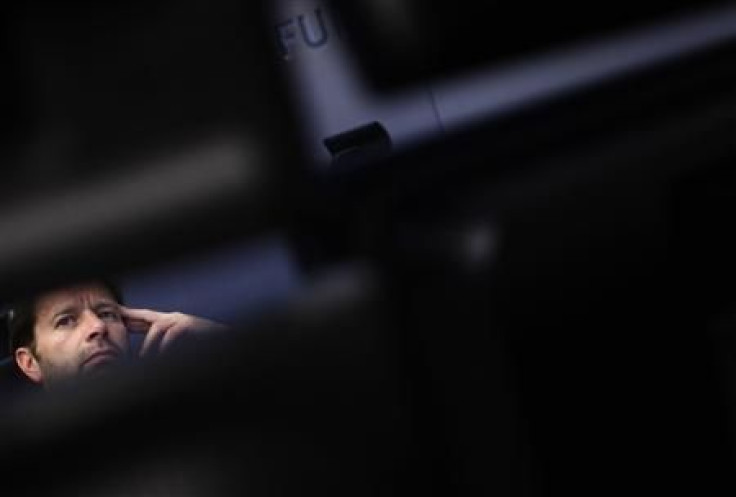Analysis - Global risk for investors only pared by EU deal

The late-night rescue package agreed by euro zone leaders to cool their dangerous debt crisis will at least allow investors to look at other things for a while.
Unfortunately, those things include slow, stuttering U.S. growth, a near-recessionary euro zone economy and the danger of Chinese growth slowing too quickly.
And the underlying problems of euro zone debt remain.
In effect, the package has taken one of the biggest hurdles in the steeplechase down a bit.
This will allow many investors to be slightly more risk positive in their allocations and could help build a short-term rally in assets such as stocks, as normally occurs in the fourth quarter.
But the track is still strewn with too many dangers to call the financial crisis over and embrace a bull stock market rally.
There is a long, long road ahead. The European policymakers appear to be winning this battle, but the war has many years to go yet, said Chris Cheetham, chief investment officer of HSBC Global Asset Management, which runs around $453 billion (282 billion pounds) in investments.
Financial markets greeted the euro zone debt agreement robustly on Thursday, relieved to see plans for a beefed-up rescue fund, more bank capital requirements and debt relief of bankrupt Greece.
World stocks, for example, climbed to a 3-month high and the euro was near 7-week highs against the dollar.
Investors have actually been building up for this. Cheetham said his firm started putting a bit more risk into its portfolios a few weeks ago when it became apparent that the euro zone was going to have to come up with a plan.
The agreement was widely seen as positive. As Mike Lenhoff, chief strategist at wealth managers Brewin Dolphin put it: A broad outline for a workable agenda has been put in place where none existed before and this is progress.
But it would be a mistake to interpret progress as a definitive solution.
UNDERLYING PROBLEM
First, the euro zone debt crisis has not gone away. The agreement -- which is arguably a minimum of what markets wanted -- has not even been finalised.
Investors will be looking closely at next week's Group of 20 summit in Cannes to see to what extent the financing of the euro zone's EFSF rescue can be clarified.
It will be a case of show me the money.
A lot's left to be discussed at the G20, said one asset allocator at a leading French investment firm, who asked not to be identified. We need meat on the bone.
Even if that is forthcoming in a way that pleases markets, however, the underlying problem of euro zone debt has not been dealt with.
A lot of the debt exists because peripheral euro zone economies are uncompetitive, both within the euro zone and in comparison with emerging markets.
One tricky issue, for example, will be how countries such as Italy reform their economies and institute austerity in order to become more competitive without hurling themselves into recession.
Greece, for example, is already in the position of trying to cut its huge debt to GDP ratio at the same time that its GDP is projected to contract 5 percent this year and 2 percent next year.
(The deal) has not solved the long-term problem for Europe, said Richard Cookson, chief investment officer at Citi Private Bank.
IT'S THE (GLOBAL) ECONOMY
What the EU deal may do, however, is allow investors to focus more on some of the other issues facing them, notably the state of the world's three largest economies.
The problem here is that that is not as positive as it could be.
There are some signs that the U.S. economy is on the mend from a mid-year slump, but joblessness remains stubborn and growth projections are well below trend.
In the euro zone, the fear is of recession, particularly given the damage to growth from the debt crisis.
China, the world's second largest economy, is struggling to avoid a so-called hard-landing in which growth would suddenly plummet.
It's back to business with all the lingering worries. On a relative basis, China and the U.S. will become more important. But the euro zone problems have not gone away, said William De Vijlder, chief investment officer of BNP Paribas Investment Partners in Brussels.
© Copyright Thomson Reuters 2024. All rights reserved.











